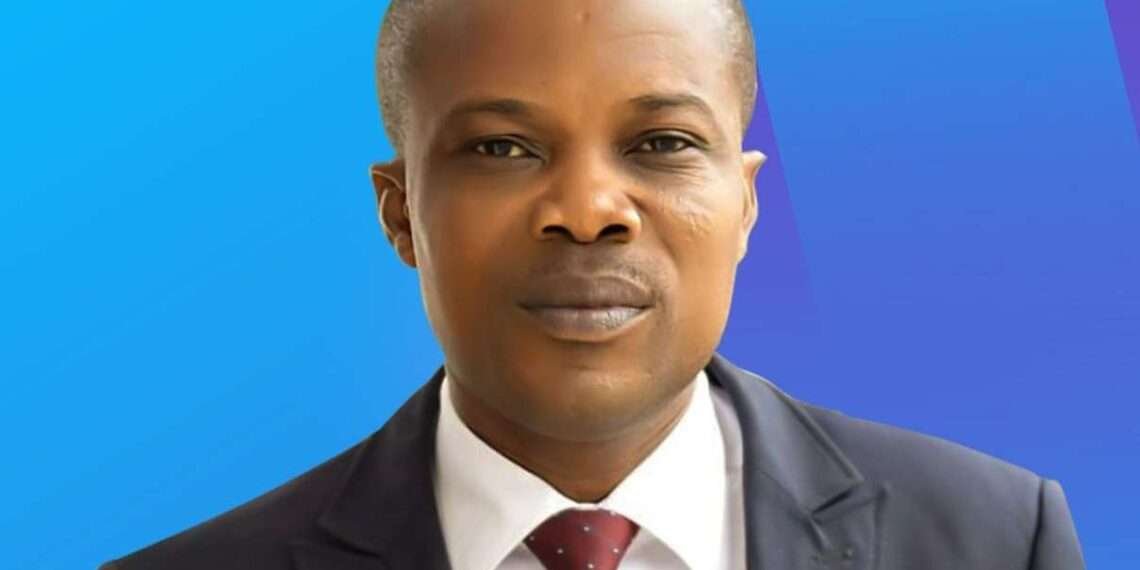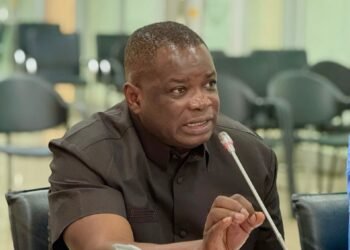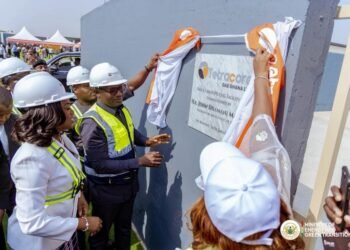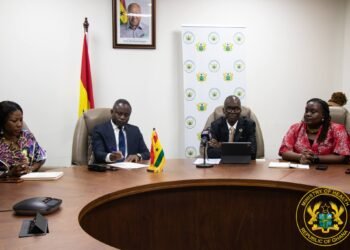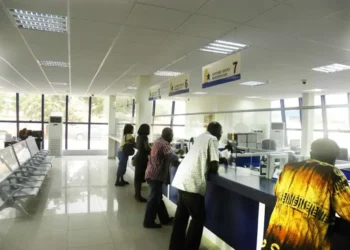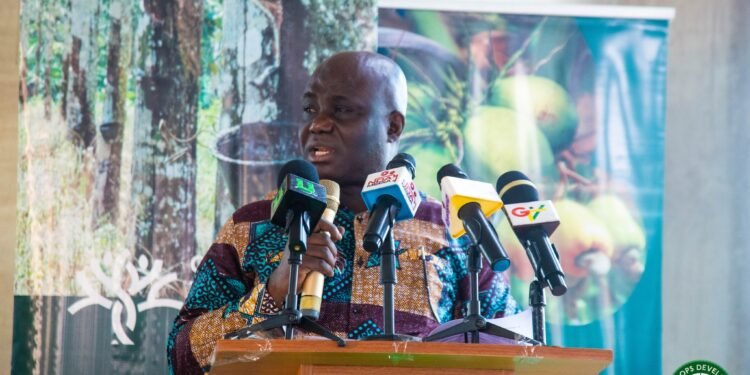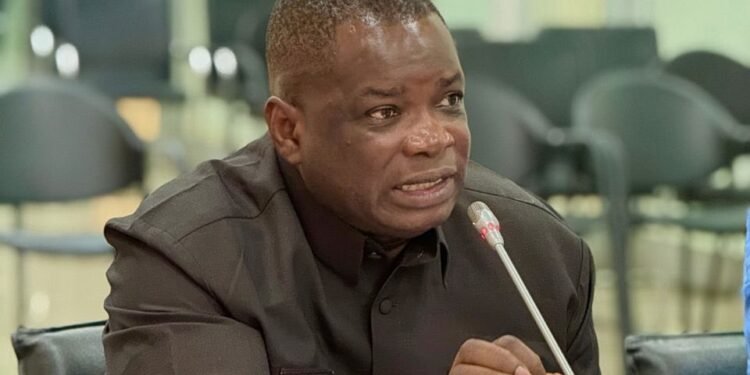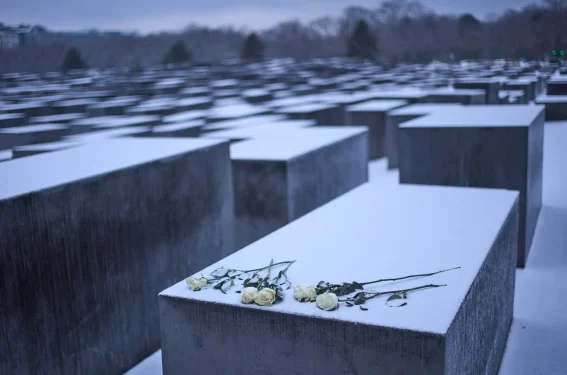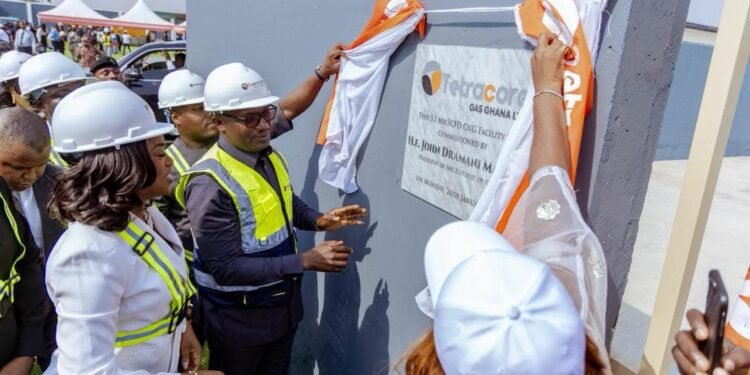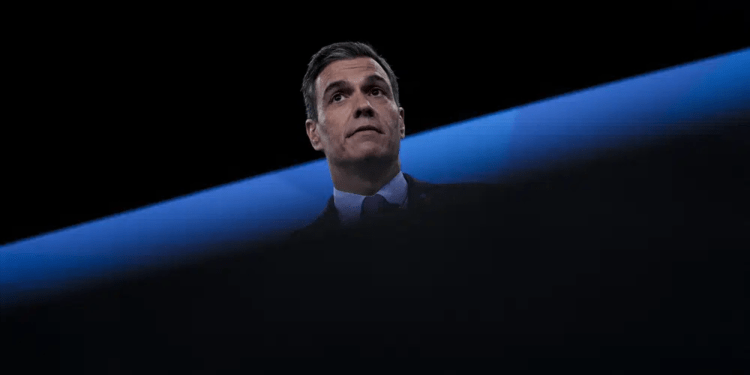A seasoned security analyst Richard Kumadoe has commended HE President John Dramani Mahama’s critical efforts to restore peace in Bawku, a region grappling with profound conflict and insecurity.
Mr Kumadoe, in an interview with the Vaultz News, emphasized the significance of President Mahama’s early engagement with security heads, stating that these interactions aim to understand the public safety challenges plaguing Bawku and the reasons behind security forces’ struggles to navigate the conflict effectively.
“If you remember, when he visited Bawku, he promised to announce upon his return to Accra people into substantive positions in terms of national security and tasked them particularly to resolve the Bawku conflict in the area of insecurity.
“And when he came back to Accra, he truly did that; he named 4 people: the National Security Coordinator, the BNI Director, the National Security Adviser, and, the Director of Operations in his office.”
Richard Kumadoe, a seasoned Security Analyst
Mr Kumadoe pointed out that President Mahama’s actions reflect a strong leadership stance and a genuine desire to foster trust within the Bawku community. He emphasized that the welcome the President received during his visitation further solidified this connection.
However, Mr Kumadoe pointed out that the challenges in Bawku extend beyond immediate public safety issues, asserting that among these are deeper societal problems that have persisted and even evolved.
The renowned security analyst articulated hopes for President Mahama’s ongoing dialogues, referencing a significant meeting with the Asantehene on January 19, where the President likely discussed collaborative efforts for peace.
Recognizing traditional leaders’ influence, Mr Kumadoe highlighted the importance of their involvement in chieftaincy disputes—a critical factor in the larger conflict narrative.
On President Mahama’s strategy to include respected traditional figures like the Asantehene, Mr Kumadoe acknowledged the potential benefits but cautioned against direct correlations between different regional conflicts, underlining their unique challenges.
The path to peace, according to Mr Kumadoe, must involve a careful understanding of each situation’s distinct dynamics, with an emphasis on the community’s desire for harmony.
“The Dagbon issue was unique and the Bawku one is unique. The terms of reference are different. The determinations are different. They are different, and the core issues involved are different.
“We can only hope and pray that reasoning will prevail, wisdom will be at play, and there’ll be an understanding from a point where there’ll be no bloodshed, and they will live together as families.”
Richard Kumadoe, a seasoned Security Analyst

Reevaluation of Ongoing Peace Building Methodologies
Mr Kumadoe called for the reevaluation of the current peace-building methodologies, stating that a multifaceted approach involving cultural, traditional, and security aspects is necessary for sustainable resolution.
He warned that superficial political manoeuvres could hinder genuine progress, emphasizing the central role of the local community in determining the conflict’s trajectory.
“I have been of the view that the methodology we are using will have to be changed. The approach will have to be reviewed, and we have to be truthful, and we have to be determined”.
Richard Kumadoe, a seasoned Security Analyst
The community’s active participation cannot be underestimated. Mr Kumadoe advocated for open dialogues among families and local leaders, urging them to reflect on the true motivations behind the prolonged violence.
He appealed to the emotional and social bonds that tie the people of Bawku to one another, suggesting that these communities could find common ground towards reconciliation if they genuinely engage in conversations about their grievances.
As President Mahama navigates these turbulent waters, Mr Kumadoe posited that effective mechanisms for monitoring progress are essential.
He called for regular assessments involving Bawku’s stakeholders to serve as a compass to evaluate peace-building efforts and address emerging issues promptly. For Mr Kumadoe, ultimately, the return to stability in Bawku hinges on the collective will of its citizens, alongside governmental support.
“There should be a systematic assessment each year of what they have done. But largely, it depends on what the people of Bawku want because they are key stakeholders, and it depends on what they want and how fast they can go.
“I can only wish them well and pray that the bloodshed will stop and peace will return. And public safety challenges can be resolved once and for all.”
Richard Kumadoe, a seasoned Security Analyst
Overall, Richard Kumadoe painted a picture of a complex yet hopeful landscape of peace efforts in Bawku. His reflections on President Mahama’s actions underscore the necessity for leadership to transcend mere promises, focusing on building trust, fostering dialogue, and facilitating genuine community involvement in resolving deep-rooted conflicts.
READ ALSO: Dangote Refinery Attributes Rising Petrol Prices to Global Crude Oil Surge

